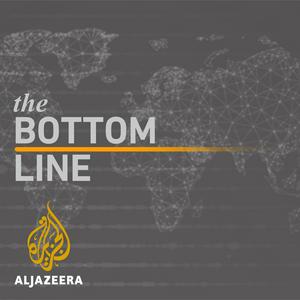At its peak, the BRICS coalition of economies – Brazil, Russia, India, China and South Africa – was seen as a serious attempt to move away from the United States dollar and the domination of Western economic institutions like the World Bank, Group of Seven (G7), and International Monetary Fund (IMF). But BRICS members have different political agendas, and new forces are at play, argues economist Jim O’Neill, a member of Britain's House of Lords. O’Neill, who coined the term "BRIC" 25 years ago, tells host Steve Clemons that the US's economic policies may be the driver of its own decline, coupled with the economic rise of China and India. Subscribe to our channel: http://bit.ly/AJSubscribe Follow us on X : https://twitter.com/AJEnglish Find us on Facebook: https://www.facebook.com/aljazeera Check our website: http://www.aljazeera.com/ Check out our Instagram page: https://www.instagram.com/aljazeeraenglish/ Download AJE Mobile App: https://aje.news/AJEMobile


